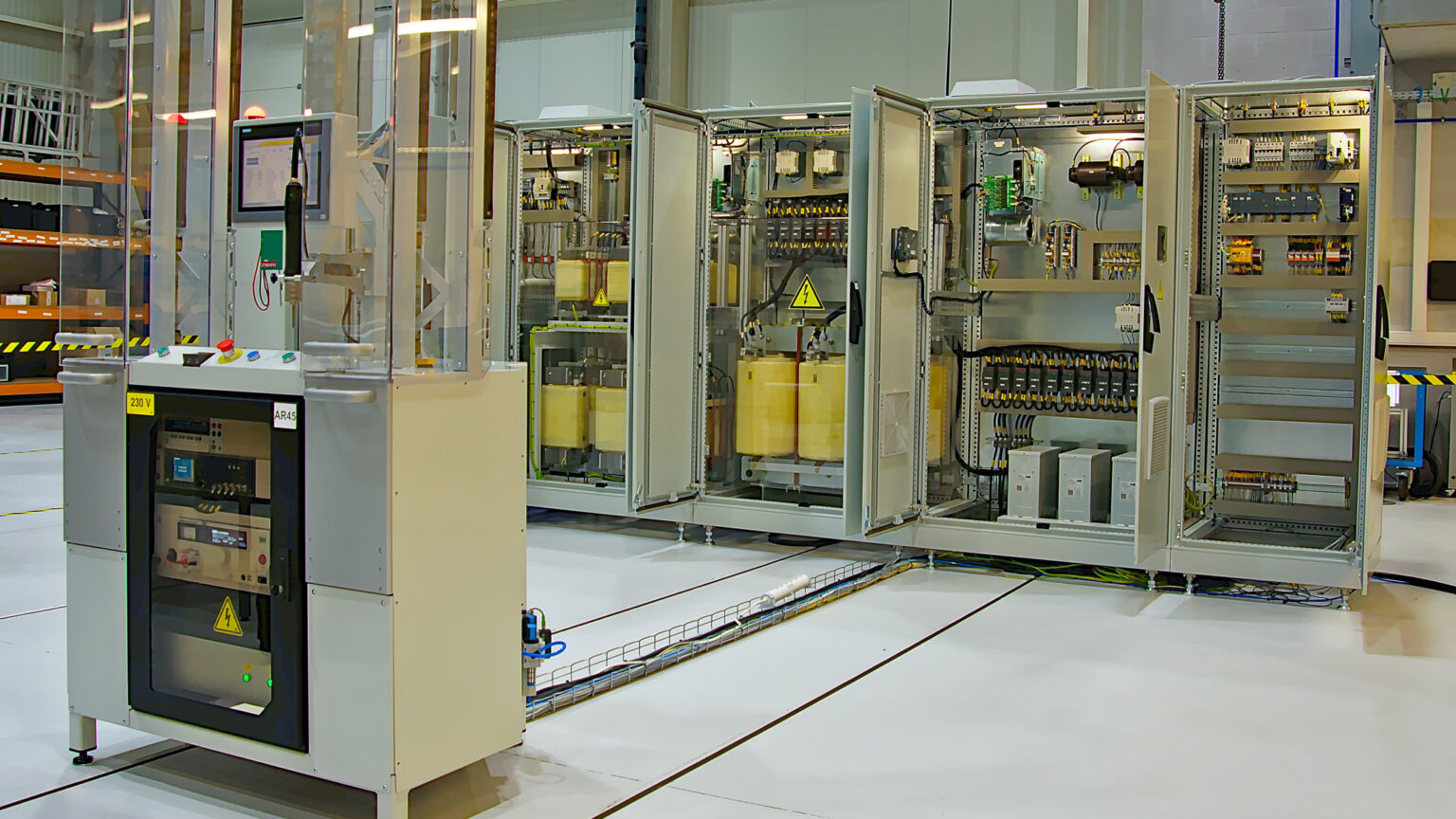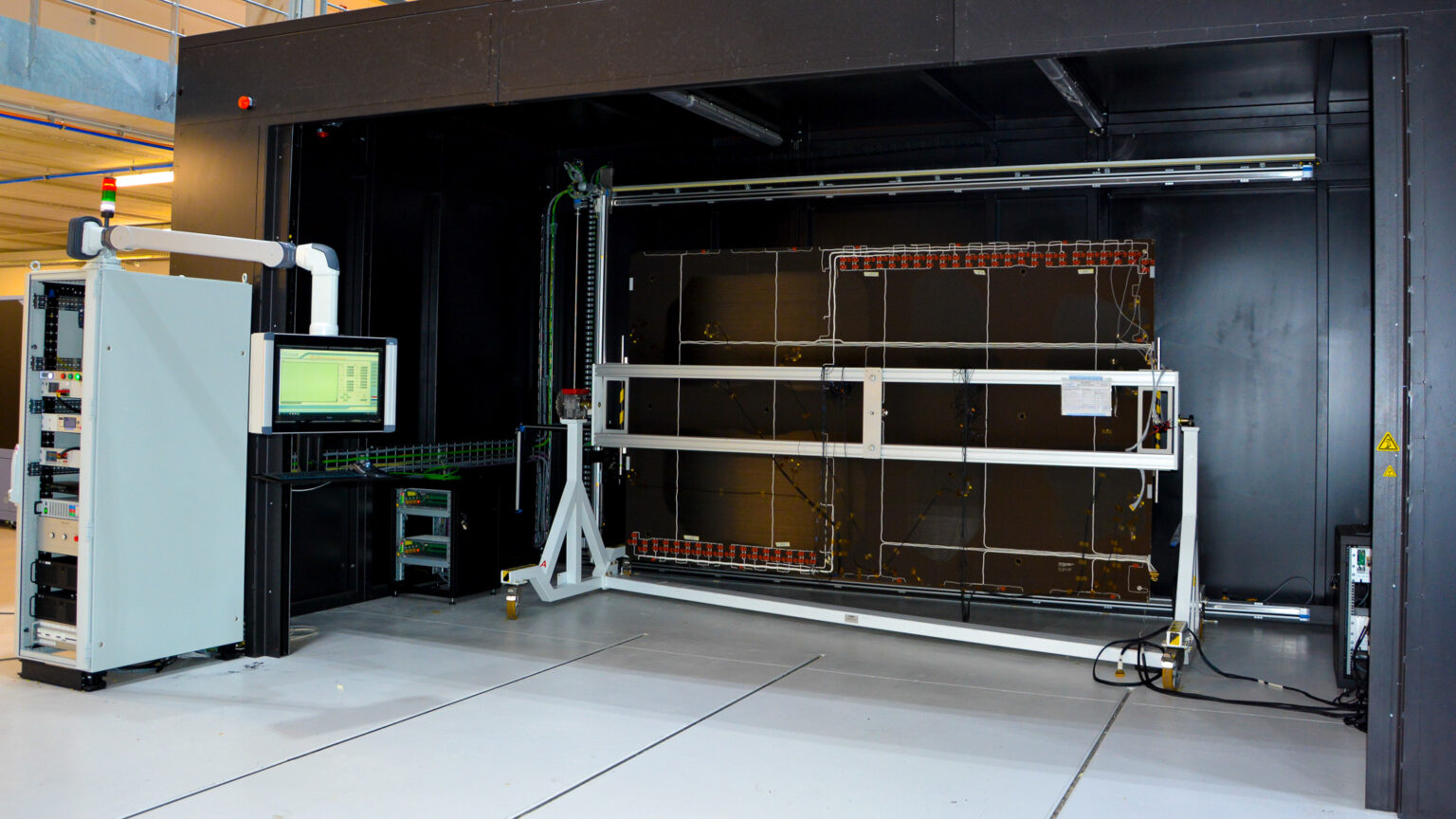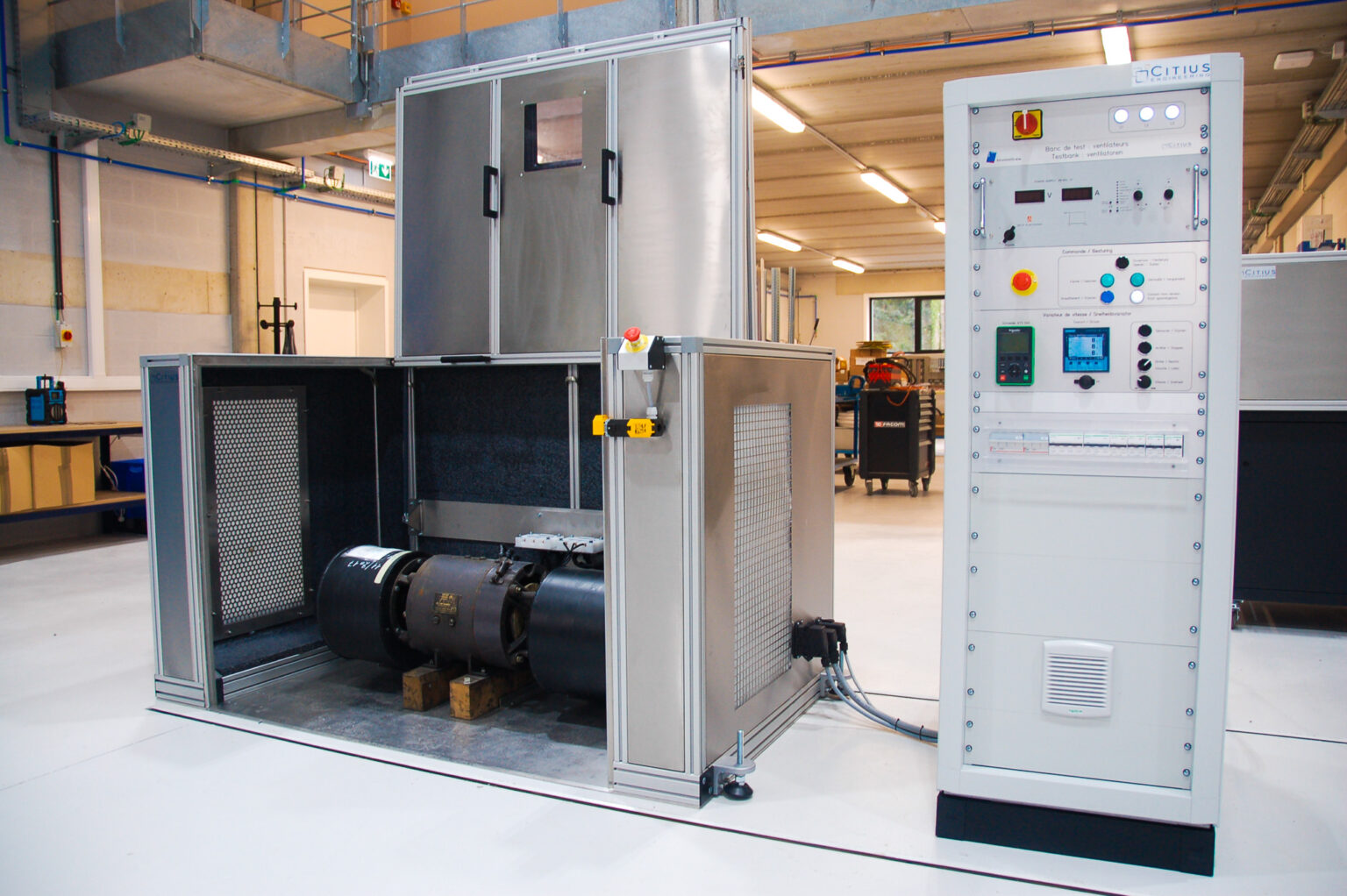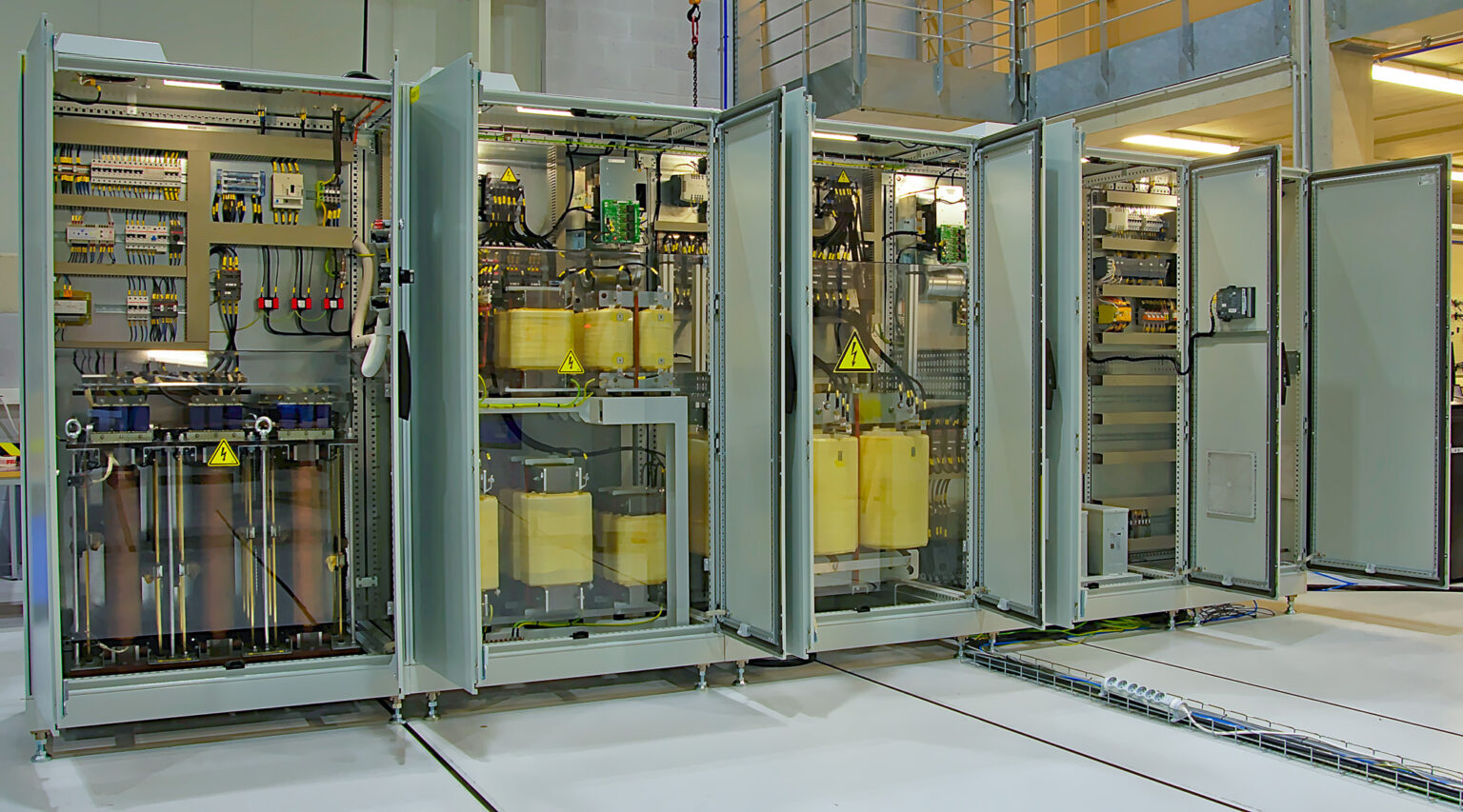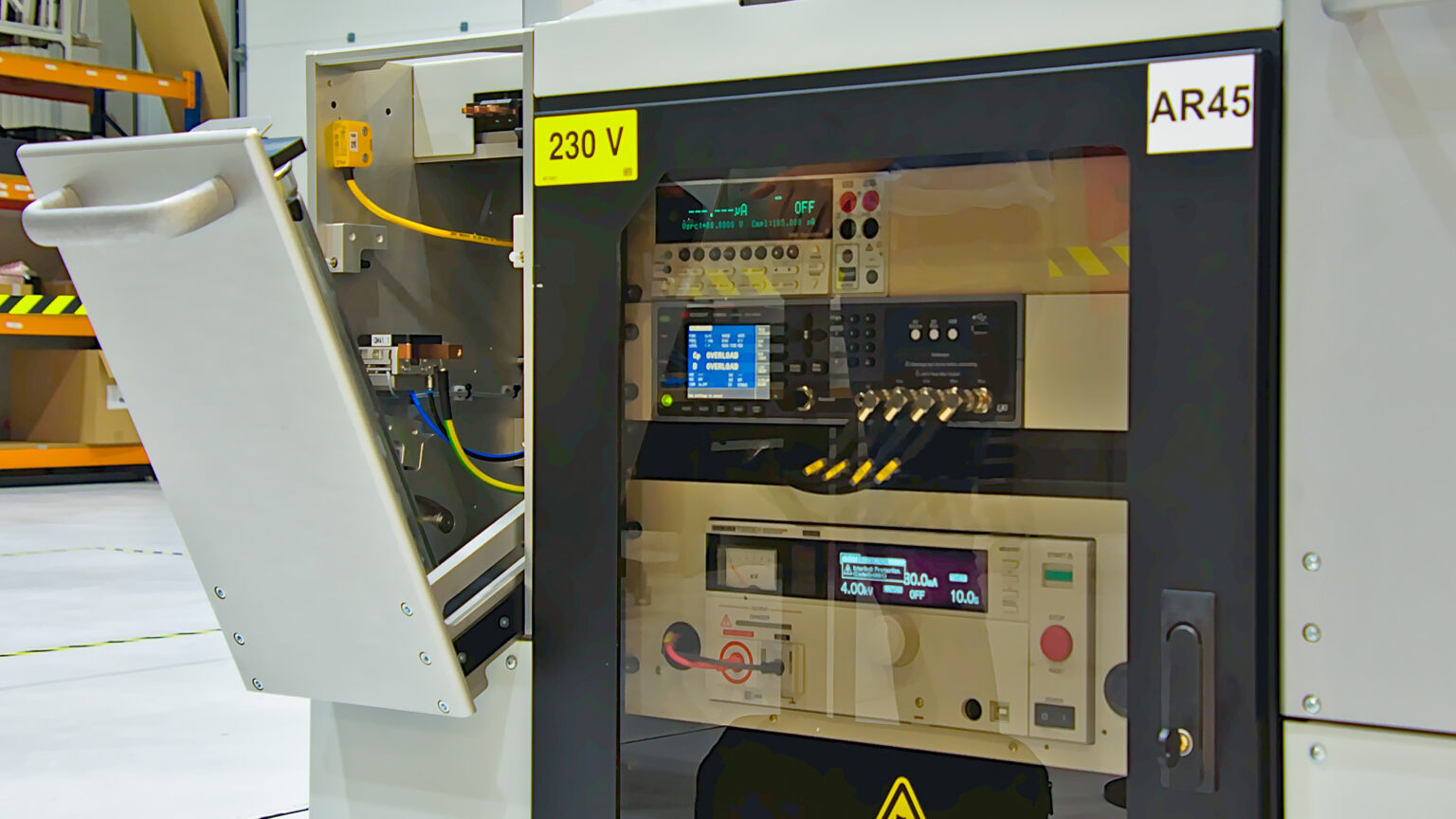Bench for testing and qualifying electrical systems
Electrical testing is the process of evaluating the performance of electrical equipment and systems to ensure that they are functioning correctly and safely. Electrical testing is typically carried out by qualified electricians or electrical engineers, who use specialized test equipment and techniques to assess the condition of electrical components and systems.
There are several types of electrical testing that may be performed, depending on the specific needs and requirements of the equipment or system being tested. Some common types of electrical testing include:
- Insulation resistance testing: This test measures the resistance of the insulation surrounding electrical conductors to ensure that it is sufficient to prevent electrical leaks or short circuits.
- Continuity testing: This test is used to verify that there is a continuous electrical path through a circuit or system, and that all connections are secure and properly made.
- Voltage testing: This test measures the voltage of an electrical system to ensure that it is within the acceptable range for the equipment being used.
- Current testing: This test measures the amount of electrical current flowing through a circuit or system, and can be used to detect imbalances or other issues.
Electrical testing is an important aspect of maintaining the safety and reliability of electrical systems, and is typically required by building codes and regulations to ensure that electrical installations meet certain standards.



